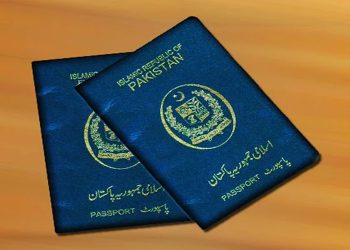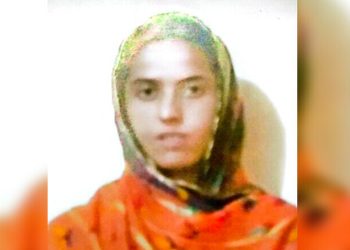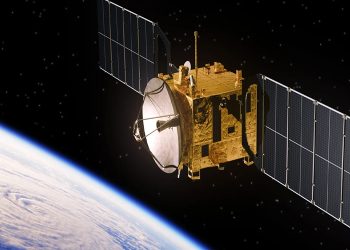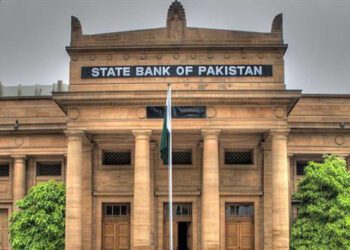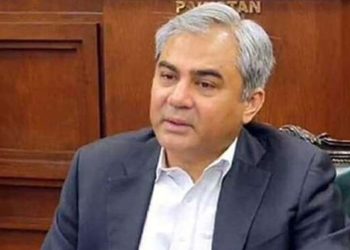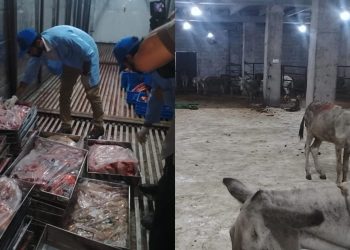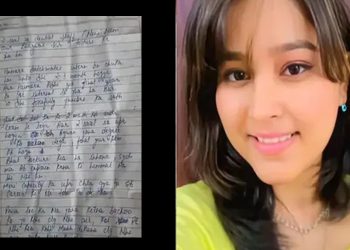Following Prime Minister Shehbaz Sharif’s announcement of a reduction in electricity prices, the new tariff details have been revealed.
According to reports, the tariff for lifeline consumers has been set at Rs. 4.78 per unit, while domestic consumers using up to 50 units will be charged Rs. 9.37 per unit. Protected consumers using up to 100 units will pay Rs. 8.52 per unit, whereas those consuming up to 200 units will be charged Rs. 11.51 per unit.
For non-protected consumers, the rate for up to 300 units has been set at Rs. 34.03 per unit, while non-protected Time-of-Use (TOU) consumers will be charged Rs. 48.46 per unit for the same consumption. The average electricity price for domestic consumers now stands at Rs. 31.63 per unit, while commercial consumers will be paying Rs. 62.47 per unit. For general services, the rate has been set at Rs. 49.48 per unit.
Industrial consumers will be charged Rs. 40.51 per unit, whereas agricultural consumers will have to pay Rs. 34.58 per unit. Additionally, the tariff for electricity consumption in Azad Jammu and Kashmir (AJK) and for public lighting has been set at Rs. 32.69 per unit, with the national average tariff reaching Rs. 37.64 per unit.
The new rates for industrial consumers in the B1 category are Rs. 40.03 per unit, with on-peak charges at Rs. 44.59 per unit and off-peak rates at Rs. 37.47 per unit. For B2 category consumers, the standard rate has been set at Rs. 42.37 per unit, on-peak charges at Rs. 44.51 per unit, and off-peak rates at Rs. 41.05 per unit. The tariff for B3 and B4 category industrial consumers stands at Rs. 44.51 per unit, while temporary industrial supply will now cost Rs. 51.92 per unit.
The revised tariffs are expected to impact various consumer segments, balancing affordability while ensuring financial stability in the energy sector.










